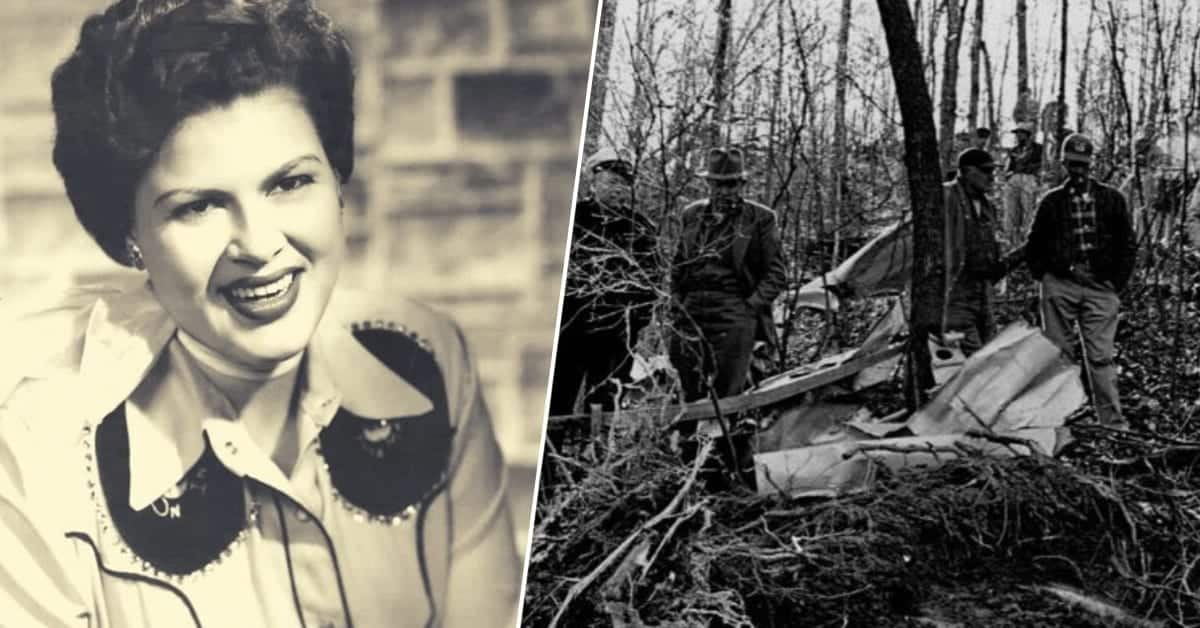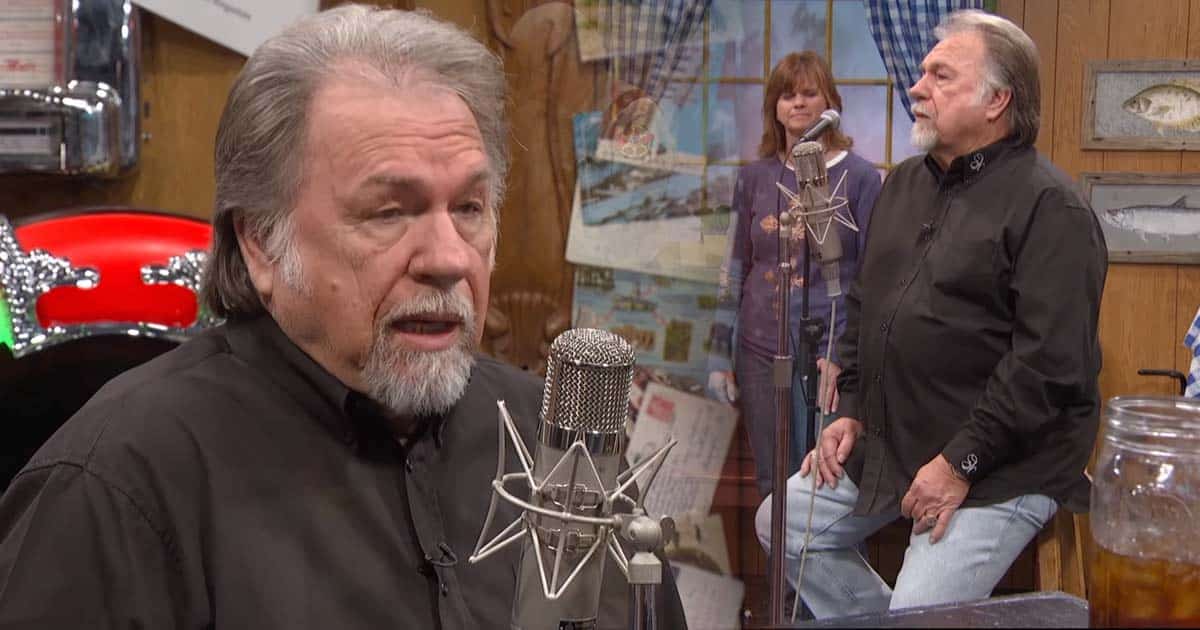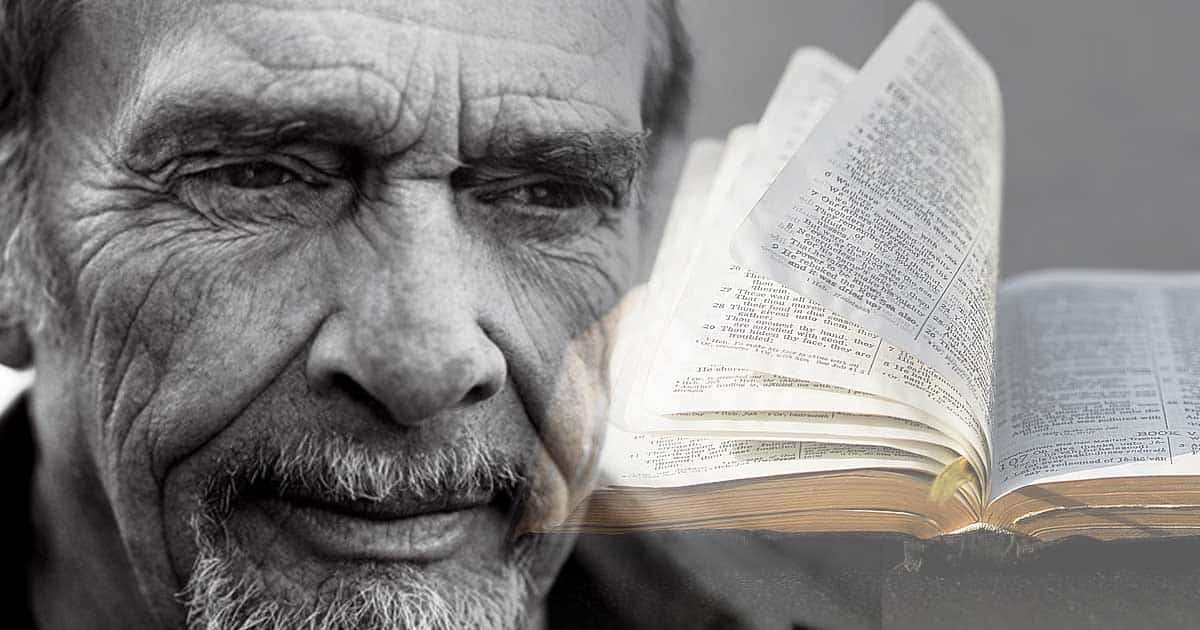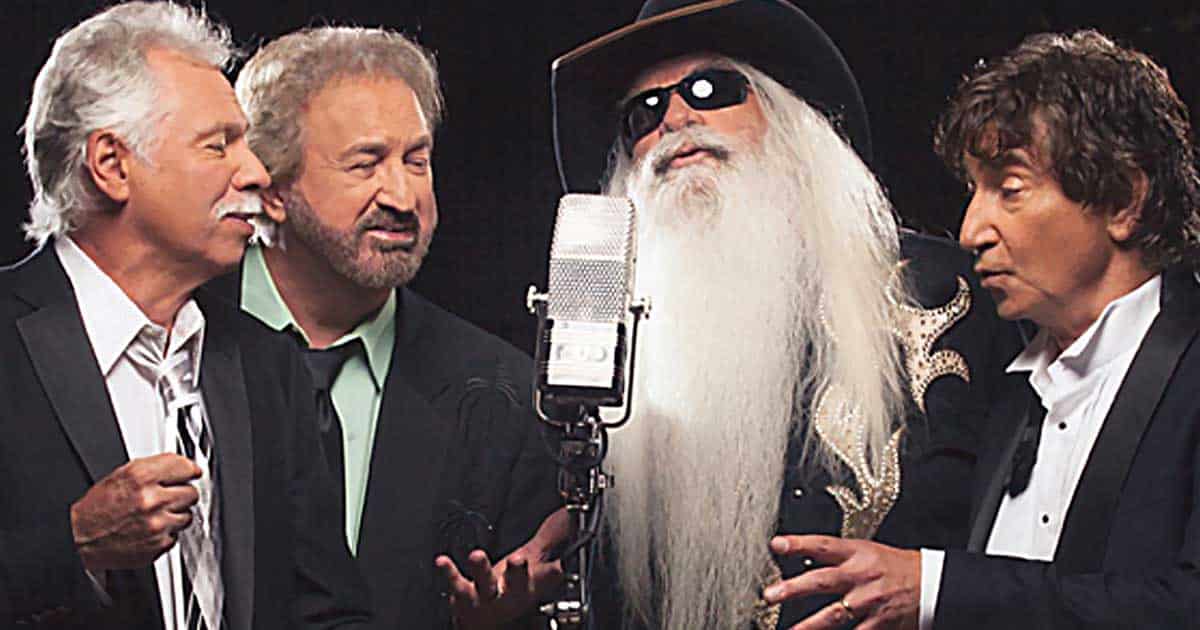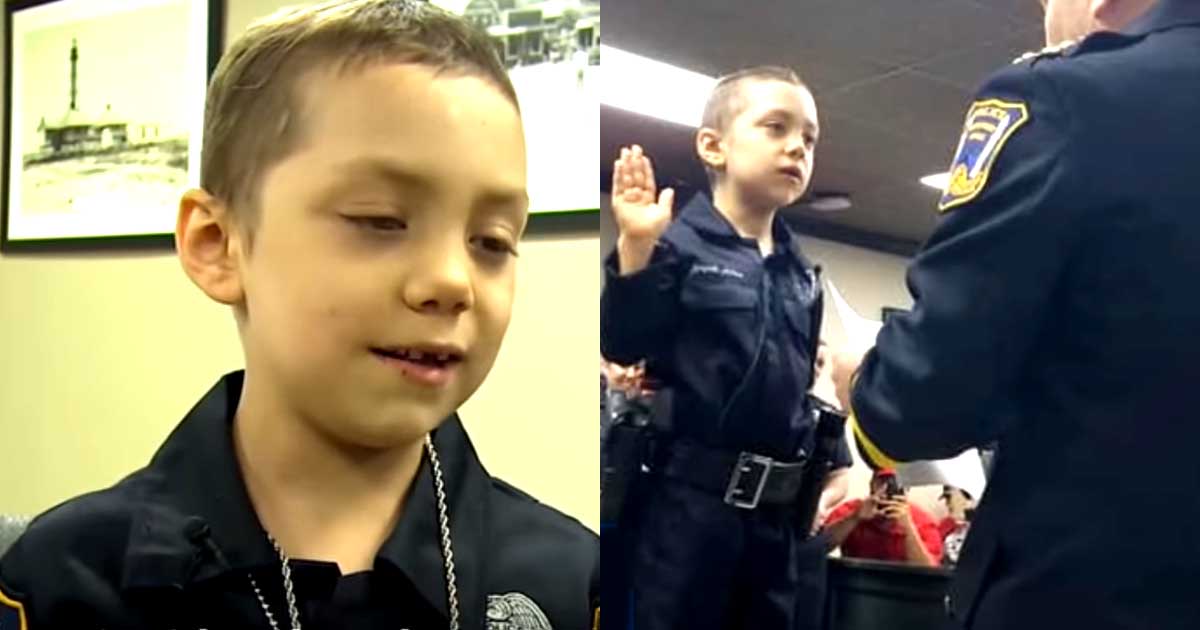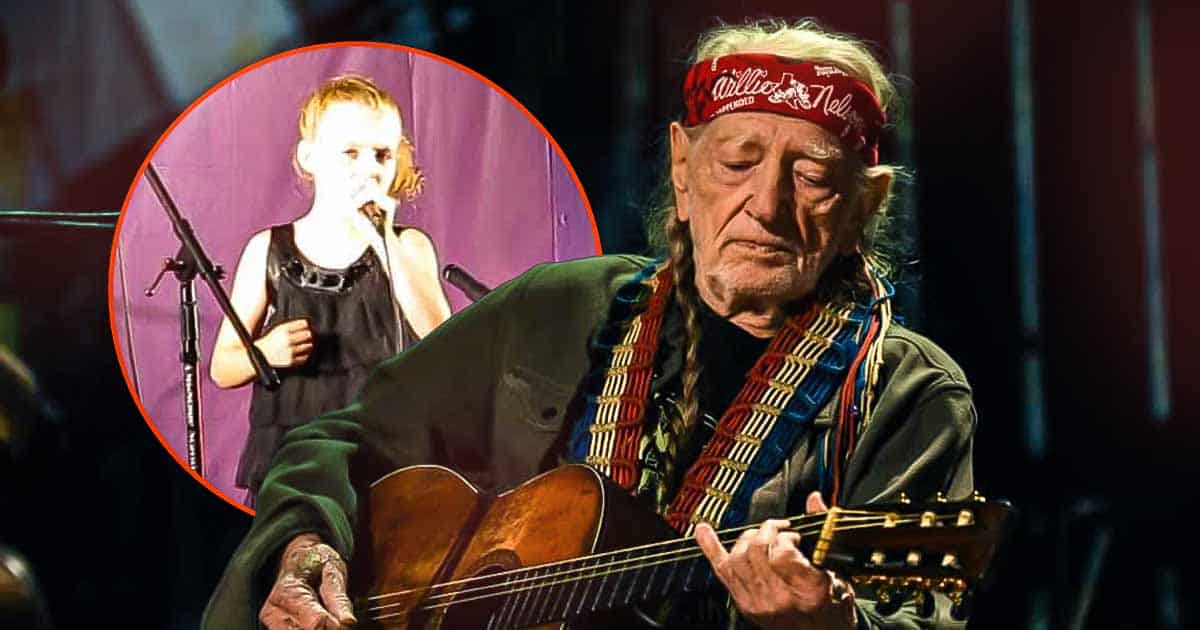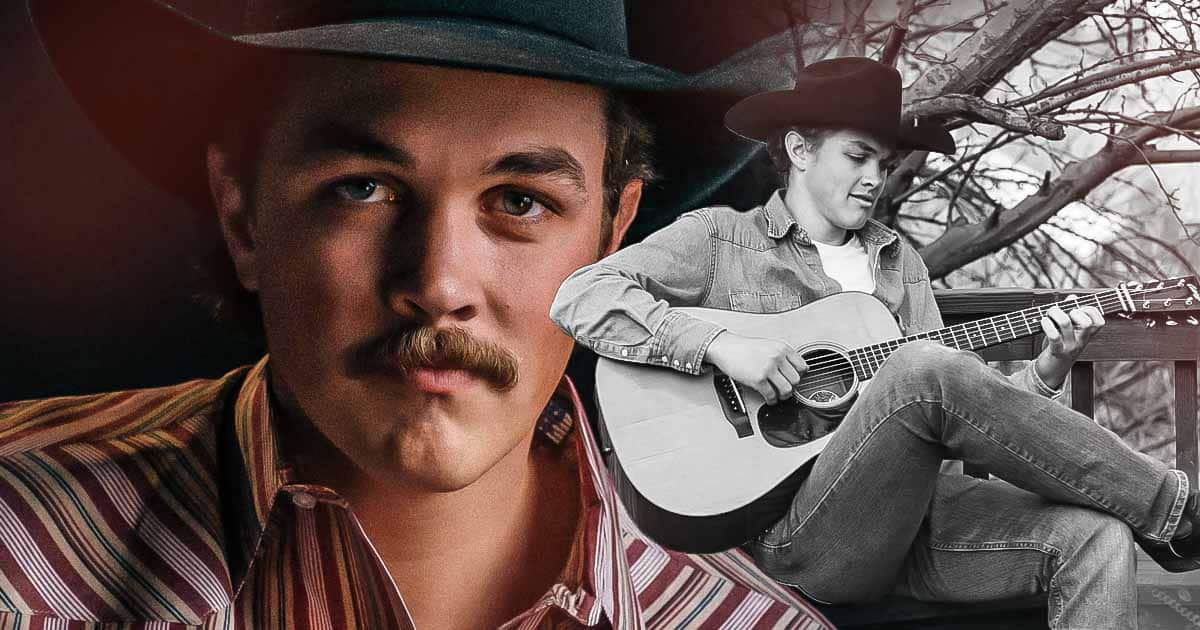Patsy Cline’s Death on March 5, 1963, was a tragic day for the country music community. Patsy, together with fellow country music singer Cowboy Copas and Hawkshaw Hawkins, was killed in a plane crash while she was on her way home from a benefit concert.
Two days before her untimely demise, the “I Fall to Pieces” singer performed three shows at a benefit in Kansas City’s Soldiers and Sailors Memorial Hall, for the family of Jack “Cactus” Call, a disc jockey who died from a car crash that year.
Dottie West, wary about the bad weather conditions, invited Patsy to travel back to the Music City with her and her husband Bill by car. Patsy declined and said, “Don’t worry about me, Hoss. When it’s my time to go, it’s my time to go.”
“I walked out and watched the shows, and I will never forget that gorgeous white chiffon dress she wore,” Dottie later revealed in the video biography “The Real Patsy Cline.” “I thought, ‘My God! She sings like an angel, and she looks like one.’ She was just beautiful.
“It seemed she sang so effortlessly. She just did it so easily,” Dottie added. “I remember that night that they just screamed and yelled when she did “Bill Bailey.” She sang the fire out of it — like it had never been sung. She was really happy that day.”
The private plane, which her manager Randy Huges was piloting, crashed in the woods near Camden, Tennessee, approximately 90 miles outside Nashville. It instantly killed everyone on board, and the wreckage was only found the next morning. To this day, the cause of the plane crash was blamed on the inexperience of the pilot paired with poor flying conditions.
Patsy Cline, who was only 30 years old during that time, was survived by her husband, Charlie Dick, along with her two children, Julie and Randy, who were respectively four and two then. She was laid to rest at Shenandoah Memorial Park in Winchester, Virginia, as she wished.
Patsy Cline’s Humble Beginnings
Patsy Cline was one of the fastest rising stars when her life was tragically cut short, but what most people did not know was that her journey to stardom wasn’t smooth sailing.
Patsy’s father abandoned the family when the future country star was just a teenager, including Patsy’s two younger siblings. To help support her family, Patsy dropped out of school. She performed several jobs, including singing on a local radio station.
Her exposure quickly earned the young singer a following, and she started performing regularly, including with Jimmy Dean on Connie B. Gay’s Town and Country Jamboree radio show.
In 1954, Patsy finally signed with Four Star Records. Despite her dissatisfaction from the numerous restrictions found in her contract, including only allowing her to record songs written by Four Star’s own writers, she achieved her first big hit, “Walkin’ After Midnight.”
Patsy endured several more years of records that stiffed before she scored her second hit in 1961 with “I Fall to Pieces.” The hit track gave Patsy her first No. 1 single in 1961. “Crazy” and “She’s Got You,” followed, both of which became big hits for Patsy.
In 1960, the singer became a member of the Grand Ole Opry. She kept a busy touring and recording schedule until her shocking death.
The Impending Doom Before Patsy Cline’s Death
Patsy’s friends, Loretta Lynn and Ray Walker, have all since recalled Patsy telling them, months before her last performance, that she felt a sense of impending death. Patsy didn’t expect she would live much longer.
In the 1993 documentary “Remembering Patsy,” Loretta revealed that Patsy wrote her a letter saying: “It’s wonderful—but what do I do for ’63? It’s getting so even Cline can’t follow Cline.”
Just one week before the plane crash that took her life, Patsy reportedly told singer Ray Walker that she’s walking a fine line between life and death: “Honey, I’ve had two bad ones [accidents]. The third one will either be a charm, or it’ll kill me.”
A terrible car crash nearly derailed Patsy’s career on June 14, 1961. She and her brother got into a head-on collision in Nashville. Patsy was thrown into the windshield and spent a month in the hospital after she suffered injuries, including a dislocated hip, broken wrist, and a jagged cut across her forehead, which required stitches.
But this did not stop Patsy to continue her career. She was back onstage at the Grand Ole Opry shortly afterward, performing on crutches. She came back to the studio to record “Crazy,” written by Willie Nelson while she was still on crutches; the song peaked No. 2.
Though it’s quite hard to believe that Patsy Cline’s legendary career only spanned in three albums, her classic voice will live forever. It’s no longer a surprise when she was given one of the country music’s highest honors before any other female solo artist. In 1973, ten years after Patsy died, she became the first female solo artist to be inducted into the Country Music Hall of Fame.
Patsy’s plaque in the Hall of Fame paid tribute to her deep-rooted impact on country music. It said: “Her heritage of timeless recordings is testimony to her artistic capacity.”

